
The AIgorythm project

Playwright and actor
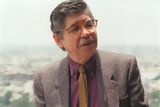
Novelist

Writer and poet

Volleyball player

Italian-Peruvian naturalist and geographer

Singer and percussionist

Last Inca emperor

Politician, former prime Minister

Journalist and TV host
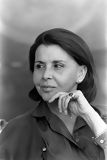
Poet

Inca warrior

Actor and comedian

Biophysicist

Poet

Doctor and researcher

Businessman, Interbank group

Journalist and writer
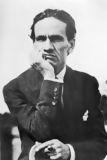
Poet and writer
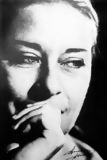
Singer and songwriter
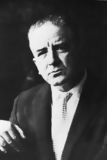
Writer

Film director, Berlin Golden Bear winner

Football player
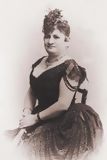
Writer and journalist
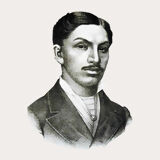
Doctor and scientist

Photograph

Chess player

Industrialist
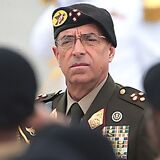
Former general

Specialist in public health

Actress and singer

Afro-Peruvian music singer

Mathematician and engineer

Indigenous chronicler

Neurologist and anthropologist

Painter

Football player
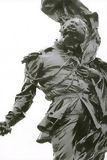
National hero, military leader

Intellectual and reformer

Chef and entrepreneur

Fashion designer

Singer-songwriter

TV presenter

Marathon runner

Indigenous Peruvian chronicler

Theologian

Former national team captain

Economist and former health minister

Inca princess

Writer and television host

Folk musician

Poet and guerrilla
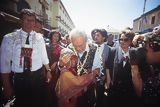
Former UN secretary-general

Chef, known for fusion cuisine

Football player

Peruvian aviation pioneer

Poet and artist
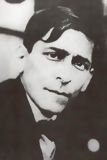
Marxist philosopher and writer

Industrialist and businessman
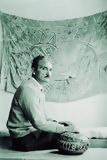
Novelist and ethnologist

Painter and muralist

Opera tenor

Fashion designer

Cardinal of Lima

Peruvian tennis player

Football coach

Leader of the indigenous rebellion
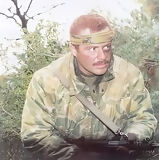
Military hero

Latin singer
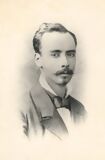
War of the Pacific hero

The youngest mother in history

Politician
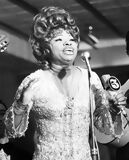
Creole music singer

Tennis player
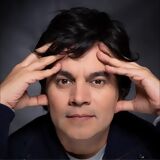
Musician

Writer and politician

Politician and founder of the Christian Democratic Party

Founder of Sodalitium Christianae Vitae

Archaeologist and anthropologist
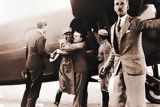
Military leader and politician

Television host
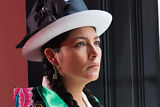
Actress and singer

Contemporary sculptor

Women’s rights activist

Beauty queen

Astrophysicist

Heroine of independence

Mathematician and archaeologist

Historian and anthropologist
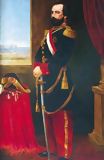
Military figure and historical figure

Fashion photographer
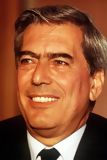
Writer, Nobel Prize in Literature, Politician

Revolutionary leader
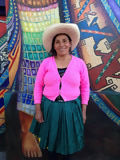
Environmental activist

Leader of the indigenous rebellion

Musician from Gaia band
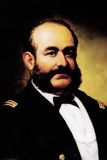
War hero
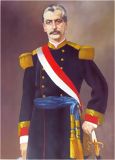
Military leader and politician

Chef, known for Nikkei cuisine

Volleyball coach and former player

Environmental activist

Television personality

Writer
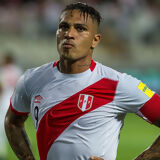
Football player

Epidemiologist and former health Minister

Inventor and aerospace pioneer

Soldier and inventor

Rock singer

Chef and co-owner of Central restaurant

Painter

Football player

TV presenter and actress
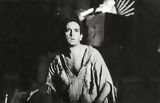
Actor
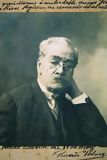
Writer and historian

Journalist and lawyer

Archaeologist, founder of Caral site
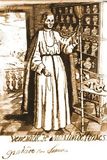
Monk and Saint
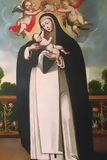
Saint, patron of Latin America

Physicist and engineer

World champion surfer

Actress

Oncologist

Singer, Latin Grammy winner

Former mayor of Lima

Singer

Actress

Former football player

Painter
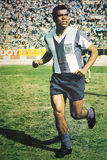
Former football player

Painter

Inca leader

Archbishop, saint
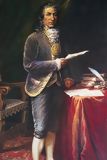
Leader of the indigenous rebellion

Revolutionary indigenous leader

Diplomat and intellectual

Sculptor and painter
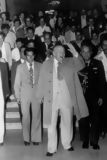
Political leader, founder of APRA

Lawyer and Former prime minister

Chef of Central restaurant
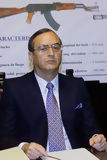
Former head of secret services

Popular singer

Fashion designer

Exotic music singer
Juan Valer Sandoval, born on December 26, 1953, is recognized in Peru as one of the most iconic heroes in the fight for national freedom and sovereignty. A colonel in the Peruvian special forces, he is best known for his heroic role during the 1997 hostage crisis at the Japanese embassy, an event in which he sacrificed his life to save innocent civilians.
Juan Valer Sandoval was born into a modest yet hardworking family in Huánuco, Peru. From a young age, he showed interest in military service and quickly embarked on a career in the armed forces. After completing his studies at prestigious military academies, he rose through the ranks, demonstrating exceptional skill as a soldier and leader.
He joined the Peruvian army’s special forces and took part in numerous high-risk missions across the country, particularly in the fight against terrorism and drug trafficking. It was within the special forces that Valer Sandoval distinguished himself, displaying courage and dedication to defending the interests of his country.
The event that forever marked Juan Valer Sandoval’s legacy was the famous hostage crisis at the Japanese embassy in Lima, known as the Japanese embassy crisis, in 1997. On December 17, 1996, a group of militants from the Tupac Amaru Revolutionary Movement (MRTA) took hundreds of people hostage during a diplomatic reception at the embassy.
Among the hostages were political figures, foreign diplomats, and civilians. For more than four months, the crisis paralyzed Peru, as negotiations for the release of the hostages continued. The Peruvian army’s special forces, under the leadership of Juan Valer Sandoval and his team, meticulously planned a rescue operation.
On April 22, 1997, after months of planning and observation, Peruvian special forces launched Operation Chavín de Huántar, a mission to free the hostages held in the embassy. The operation, considered one of the most successful in Peruvian military history, resulted in the rescue of 71 of the 72 hostages.
Juan Valer Sandoval played a key role in the assault. He led an elite team of soldiers who stormed the embassy, neutralizing the terrorists and ensuring the release of the hostages. However, during the operation, Valer Sandoval was fatally wounded while protecting one of the hostages. His sacrifice allowed the operation to proceed with minimal civilian casualties.
Juan Valer Sandoval’s death sent shockwaves throughout the country. He was immediately recognized as a national hero, and his bravery during Operation Chavín de Huántar is celebrated as an extraordinary act of courage. In honor of his sacrifice, numerous schools, avenues, and monuments across Peru now bear his name.
Valer Sandoval embodies the commitment to defending the country and its citizens. His absolute dedication to the mission, even at the cost of his own life, has made him an iconic figure in the fight against terrorism and in the defense of justice and freedom in Peru.
Beyond his role in Operation Chavín de Huántar, Juan Valer Sandoval left a lasting legacy as a model of leadership, patriotism, and dedication. He became a source of inspiration for Peruvian soldiers, as well as for ordinary citizens who see in him an example of what it means to sacrifice one's life for the greater good.
Juan Valer Sandoval remains a heroic figure in Peru’s history. His sacrifice during the Japanese embassy hostage crisis not only saved lives but also reminded the world of the importance of bravery, sacrifice, and commitment to freedom and justice. He continues to be a source of inspiration for those who serve their country with honor and courage.